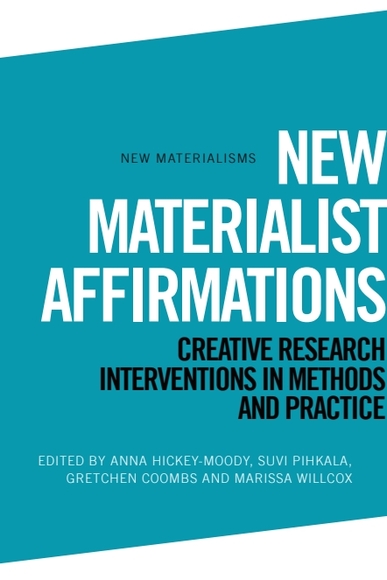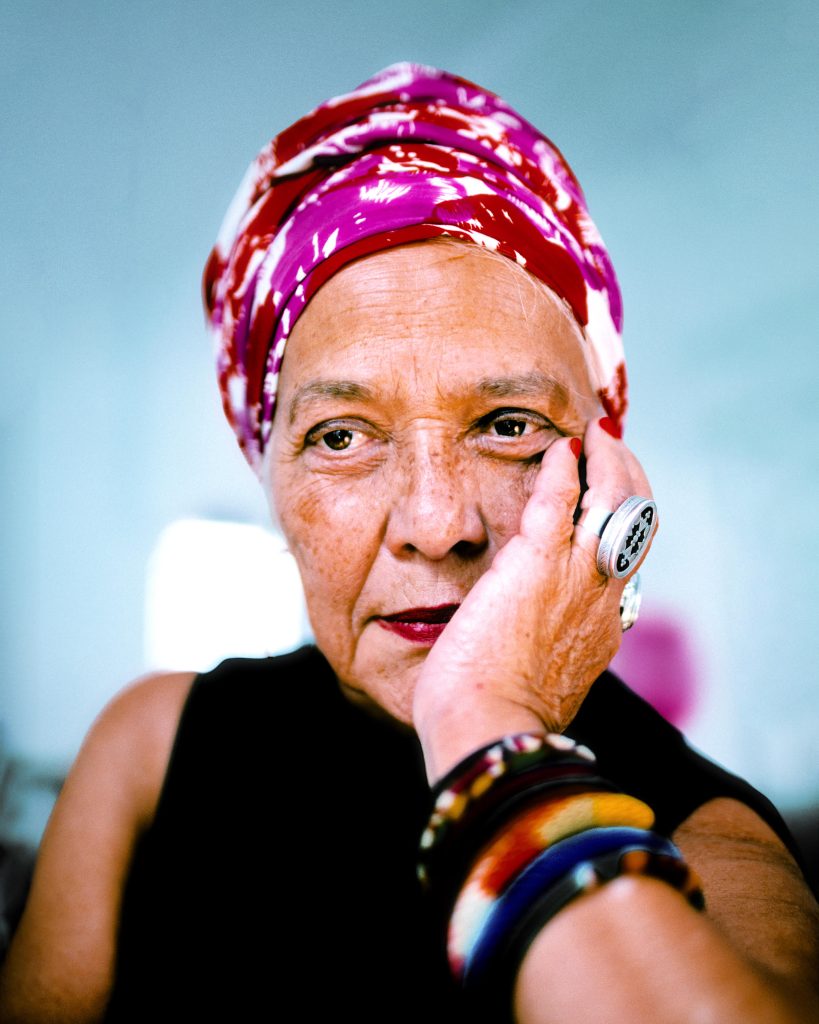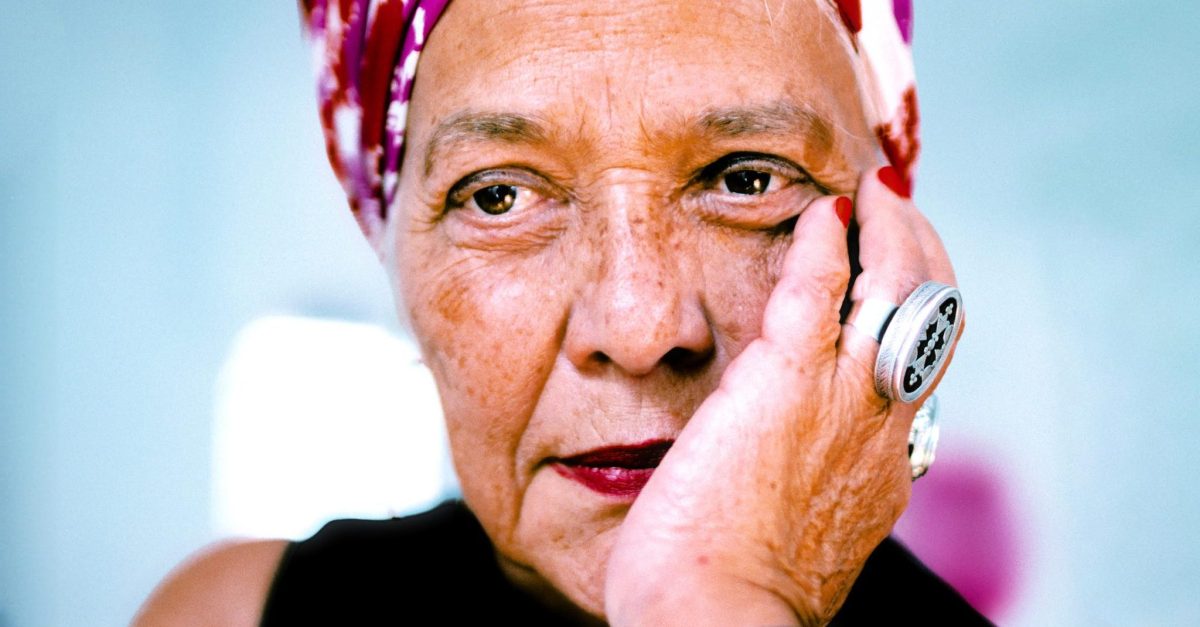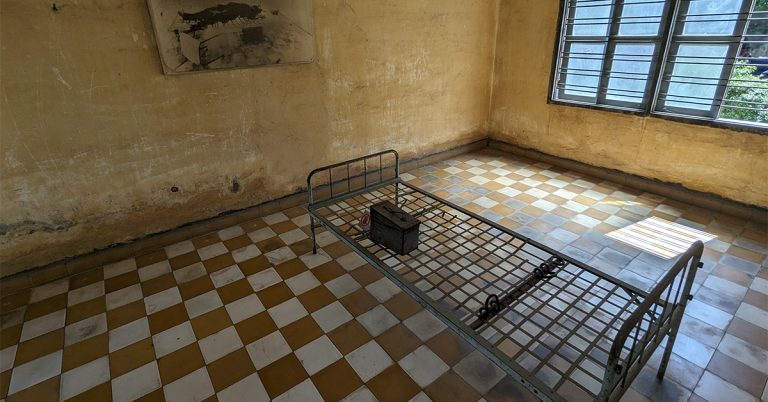
By Françoise Vergès and Anna Hickey-Moody

Françoise Vergès is a contributor to New Materialist Affirmations: Creative Research Interventions in Methods and Practice, which positions processes of making and doing, in creative and critical practice, within a feminist new materialist framework.
Co-editor of New Materialist Affirmations, Anna Hickey-Moody invited Françoise Vergès to reflect on the space she wanted to create and help to hold open for feminists and workers of colour.
What is your driving motivation in developing your body of work?
My driving motivation is a deep, deep refusal of racial capitalism and imperialism with their legacies of dispossession, death, unfreedom, extraction and destruction. I oppose with all my strength and energy the irrespirable and uninhabitable world they build.
The kind of space I have always wanted to create and join is a space in which to ‘live’ freedom in a world of unfreedom. I am not romanticising this; I have experienced enough setbacks and defeats to know that it is absolutely important to work on the divisions that collectives experience, on the decolonisation of the minds, on the sexism, racism and classism that weaken collectives. Racial capitalism knows how to exploit divisions but also to create the desire to be recognised, to want success within its own norms. But I also know how much joy, energy and love I have always found in collective work with decolonial women and men.
How does decolonial feminism fit into your work?
The decolonial feminism I defend is grounded in experience and practice but is also inspired by all the stories and encounters I have had. You learn humility; it is not always easy, but it is important. You learn to listen, to read, to look. You unlearn what school and state ideology put in your head in order to learn. Decolonisation is a long and difficult process which is also full of joy because you start to look anew, you understand better how violence and domination and exploitation have been naturalised, and you learn from past and present practices of unlearning. It is quite exciting.
How has the labour of women of colour shaped white feminist thought?
No society functions without the cleaning jobs that a majority of women of colour do every day, morning and night, around the world. No school, bank, hospital, mall, university, parliament, offices, no public space would open if it was not for their work. That is my starting point. Societies would stop without that work. True, that might happen more in rich societies in the Global North but in the Global South resorts, parliaments, offices, banks would be affected as well. Cleaning is a work that remains underpaid, racialised, exploited, gendered and it occurs in a space where sexual violence is pervasive and which is detrimental to the health of black and brown women who do that job (because of the chemicals being used and the repetition of gestures that provoke pain in the joints).
Societies in the Global North, and the wealthy everywhere, enjoy a good life upon extraction, dispossession and exploitation of peoples of the Global South. Cleaning is extractive work, and the ways in which slavery and colonisation have decided what was hygienic and clean have drawn a racialised and class line between ‘cleanliness’ and ‘uncleanliness.’ The master’s house and his world, which were cleaned by black women, were the model; colonisation accentuated the idea of a clean world (North, bourgeois, white, colonial) versus an unclean world (non-white, non-Christian, Indigenous, black, brown). That line is still alive as we saw during the COVID-19 pandemic but also with the dumping of contaminated waste in poor and black neighbourhoods but mostly in the Global South. Racial capitalism and its militarism dump toxic waste every day upon poor peoples, affecting women and children first.
White bourgeois feminism’s focus on ‘domestic’ work at home and men’s lack of involvement in domestic labour has contributed to the marginalisation and the invisibility of that indispensable work in public spaces. Materialist and Marxist feminists have analysed social reproduction and have shown that the economy rests upon the invisible work done by women at home. What I am suggesting rests upon that analysis, but I try to go further and ask: beyond making visible the exploitation of women of colour and supporting their struggles, how do we, antiracist, anti-capitalist and anti-patriarchal feminists, imagine cleaning work in a post-racist, post-capitalist world? What I mean is: support the fight for better conditions of work, better social protection and better salaries for cleaning women! Support their strikes! Do all the work that needs to be done and that they demand to be victorious! But let us also work on what will come. Do speculative revolutionary work. A post-racist-capitalist society will still need to be cleaned even if the urban architecture would change (no more malls, universities, hospitals or schools built like barracks…). How will that be done? We can say, let us communise cleaning work, but still, I would like us to work on concrete ways to do this.
About the author

Françoise Vergès writes on the afterlife of slavery and colonization, decolonial feminism, the museum, and climate disaster and regularly works with artists.
Featured image: Portrait of Françoise Vergès by Bayar Tayachi (2024)






